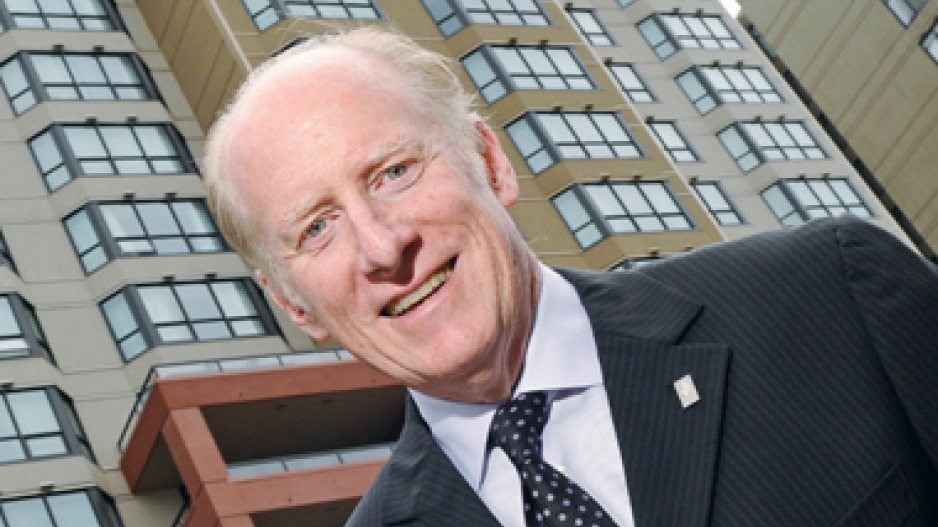Vancouver-based hotel owner SilverBirch Hotels and Resorts is embarking on a set of new strategies to increase its portfolio to 39 hotels by 2016 from its current 21 properties.
Key to the expansion is:
- reducing the number of hotel brands that SilverBirch operates;
- focusing on opening new Hilton- and Marriott-branded properties;
- investing heavily on renovations; and
- increasing the percentage of hotels that are for extended-stay guests.
SilverBirch plans to spend $90 million this year and up to $150 million next year upgrading properties. Back in 2009, the company spent a comparatively paltry $20 million.
"We're a patient company and a long-term investor, so that's why you see such a high level of investment in each property," SilverBirch president Steve Giblin told Business in Vancouver.
"A few years ago we had seven different brands and 12 independent hotels. In a month we'll have all but two of the hotels fully branded."
One of the company's investments was to rebrand its Cascadia Hotel and Suites on Hornby Street as the Marriott Vancouver Downtown and spend $25 million to renovate the facility, which reopened July 27, as an extended-stay hotel.
Extended-stay hotels have amenities such as laundry rooms and gyms and outfit their rooms with kitchens.
They differ from options offered by companies such as Execustay because extended-stay hotels have a front desk and a simplified check-in process.
Recent data from Atlanta-based hotel consultants Highland Group holds that extended-stay hotels are outperforming standard hotels in revenue growth per available room night – a key industry metric.
SilverBirch is also spending tens of millions of dollars to renovate its extended-stay TownePlace Suites by Marriott hotel near Toronto's Pearson International Airport.
SilverBirch's origins go back to 2007 when British Columbia Investment Management Corp. (BCIMC) privatized the TSX-listed Canadian Hotel Income Properties Real Estate Investment Trust (CHIP REIT) and needed a new name.
Robert Pratt, who was vice-president of operations at CHIP REIT and then SilverBirch's first president, said CHIP REIT had bought hotel properties flagged with different brands partly to appeal to a broad range of investors and partly because it had a lot of money from its IPO and was expected to buy properties.
Pratt has since become president of Coast Hotels and Resorts.
He said CHIP REIT negotiated many 20-year branding agreements with hotel chains such as Quality Inn, Ramada and Radisson.
SilverBirch is honouring those agreements, Giblin said, because penalty costs to get out of them early is greater than the benefit of rebranding the properties.
"Probably within the next five or six years, we will have almost all of our hotels as Hiltons and Marriotts."
Focusing on two brands instead of one creates flexibility. But narrowing the number of hotel brands from seven to two enables SilverBirch to negotiate better contract terms with Hilton and Marriott.
For example, royalty payments and one-time fees are less for franchisees who operate a dozen Marriotts than for those who own only one.
Pratt sees another advantage.
"It really helps if you create a strong relationship with [executives at] a couple of brands rather than a weaker relationship with people at a lot of different brands," he said. "Hilton or Marriott could bring future deals to the table for SilverBirch if they're looking for an owner or a buyer."
Giblin said his company's investments in its hotels and intentions to build or buy 17 properties in the next few years underscore its faith in the Canadian hotel sector.
"We believe that the Canadian economy and the hotel sector will stay strong for the next three to five years and that there will be a lot of older hotels in Canada that will no longer be competitive."




